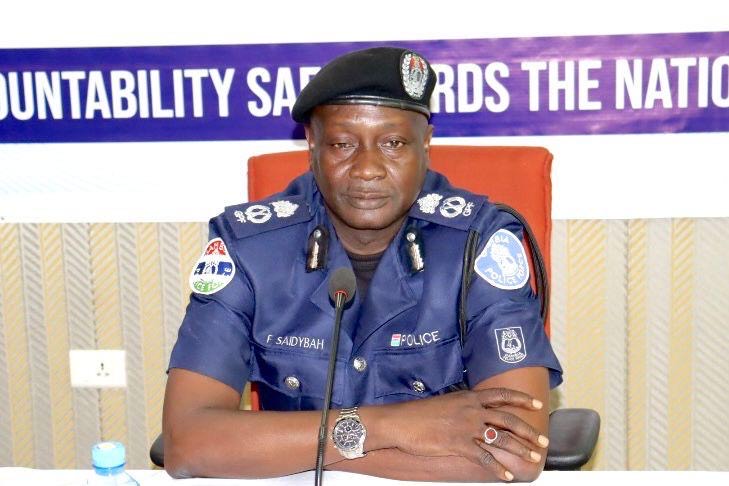Gambiaj.com – (BANJUL, The Gambia) – Police Commissioner Famara Saidybah, the officer who oversaw the 2016 inventory of 235 government vehicles, told the Parliament Special Committee inquiry that he had no knowledge of tractors, trucks, and ambulances allegedly moved and sold after the assets were handed over for auction.
Testifying before the Commission, Saidybah said his responsibility ended once he submitted the complete inventory. “After the documentation, everything was handed to the Commission. My role stopped at that point,” he stated, distancing himself from claims of irregular disposals.
However, testimony before the inquiry indicated that a “recovery team” allegedly moved and sold several vehicles—among them ambulances, pickup trucks, and tractors originally designated for community projects.
Some of these tractors are reported to have been traced to private individuals and officers, raising suspicions of coordinated mismanagement.
The Commission heard that only the State Guard Command could authorize the transfer of vehicles from the State House.
Yet witnesses alleged that military personnel facilitated movements and sales outside official channels, intensifying scrutiny of possible collusion within security and administrative structures.
Saidybah denied receiving any personal benefit from the transactions and rejected claims that money—reported in amounts of D20,000 and D50,000—exchanged hands among staff.
He also clarified that Sergeant Jagne, said to have led the recovery team, only came under his supervision after a sub-unit was created during what he described as a politically sensitive operational period.
The treatment of government horses also came under review. Saidybah said he did not authorize their transfer from the State House to Kanilai for auction, adding, “Whatever happened afterward was beyond my control.”
The testimony has raised renewed concerns about accountability and oversight in the handling of state assets.
The inquiry is expected to pursue further clarification on whether members of the military and the Ministry of State Assets played a role in the alleged unauthorized sales, amid growing public concern over systemic mismanagement.










